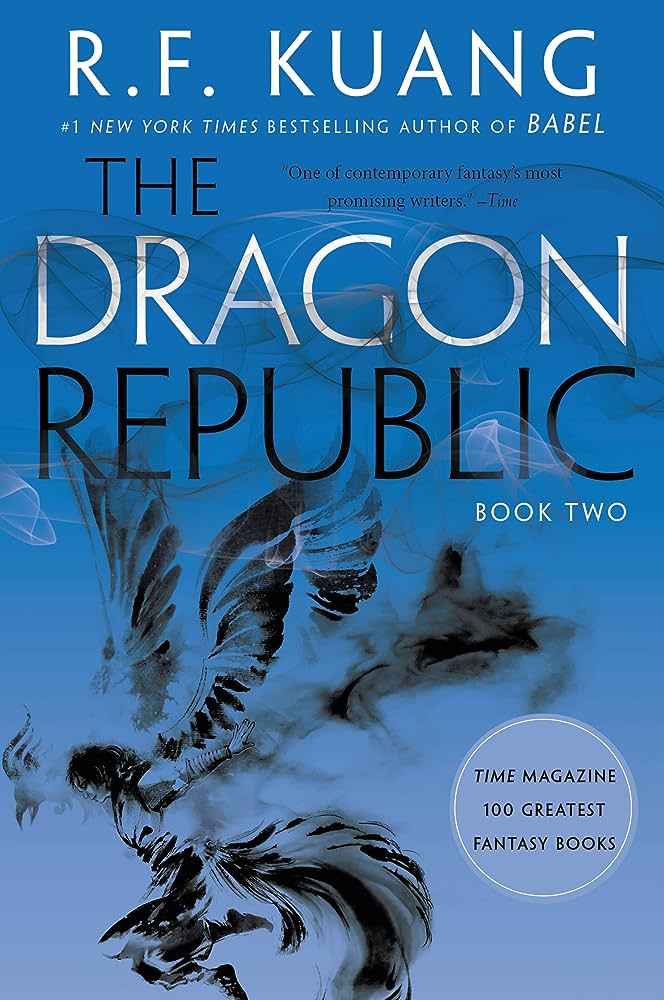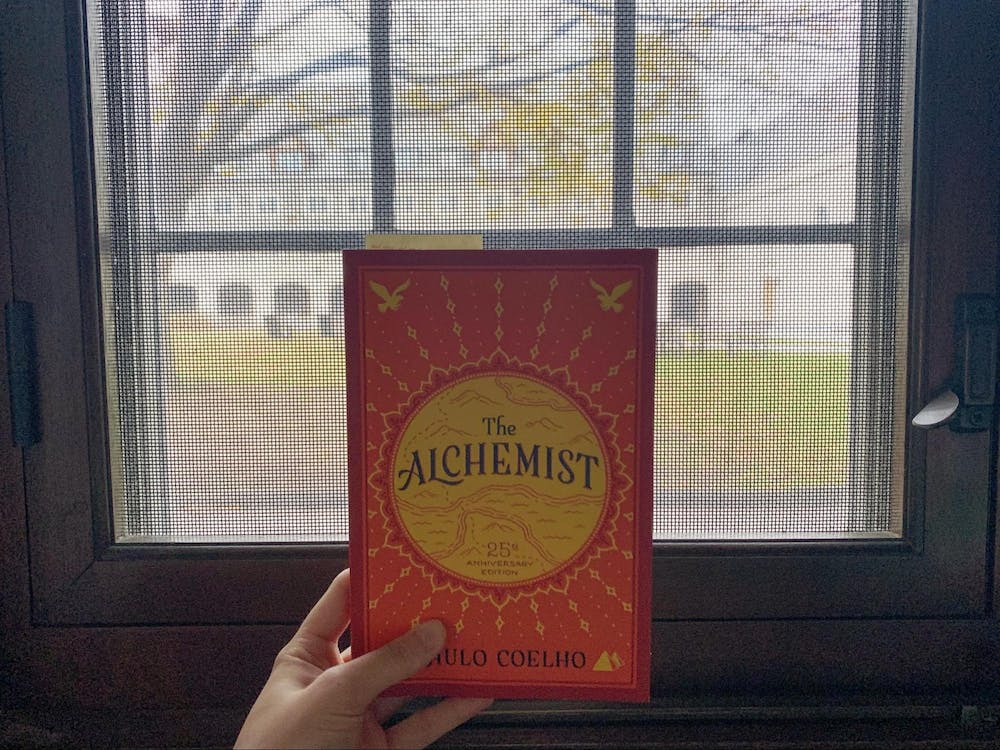
Having been deeply impressed by R.F. Kuang’s debut novel, The Poppy War, I eagerly awaited the release of its sequel, The Dragon Republic. The first book’s potent blend of historical inspiration, complex characters, and brutal war narrative left me hungry for more. Kuang didn’t disappoint, delivering a sequel that expands on the strengths of its predecessor while venturing into new and captivating territory.
Where The Poppy War ended, The Dragon Republic begins. We’re thrust back into the chaotic world of the Nikara Empire alongside Rin, our protagonist, still reeling from the devastating choices she made in the war. The stakes are higher than ever before, with Rin now facing a continent-wide conflict that stretches far beyond the walls of Sinegard Academy.
Gone are the days of lessons and personal struggles. Rin is forced to confront the harsh realities of leadership, navigate the treacherous waters of political intrigue, and grapple with the immense power of a vast empire. The weight of responsibility sits heavy on her shoulders, and the consequences of her actions reverberate throughout the land.
Kuang, with her masterful storytelling, paints a vivid picture of war’s true cost. We witness not just the grand battles and strategic maneuvers, but also the devastating impact it inflicts on individuals and communities. The narrative doesn’t shy away from exploring the psychological and moral consequences of war, leaving the reader with a profound sense of unease and prompting reflection on the true nature of conflict.
Beyond the battlefield, The Dragon Republic expands the intricate tapestry of the Nikara Empire. We encounter new cultures, religions, and characters, each adding depth and complexity to the world. Kuang’s meticulous attention to detail breathes life into this fantastical landscape, making it feel both believable and immersive.
The book delves deeper into the characters we know and love, allowing their growth and struggles to unfold in fascinating ways. Rin continues to evolve, her character arc constantly shifting as she grapples with her own demons and the burden of leadership. We also gain a deeper understanding of the supporting characters, like Kitay and Nezha, who play pivotal roles in shaping the narrative.
With its fast-paced plot and intricate web of storylines, The Dragon Republic keeps you glued to the pages. The tension mounts with each turn of the page, leaving you desperate to know what fate awaits Rin and the Nikara Empire.
One of the most noticeable changes in The Dragon Republic is the shift in focus. While The Poppy War captivated us with individual battles and spectacular displays of magic, The Dragon Republic takes us to a wider stage. Instead of focusing on Rin’s personal battles and growth within the academy, the narrative expands to encompass the vast scale of war and the intricate world of politics.
This shift might initially disappoint readers who enjoyed the intense action sequences of the first book. However, it opens up a wealth of new possibilities for the author to explore. By stepping back from individual encounters and focusing on the larger picture, Kuang delves deeper into themes of war, power, and leadership. This allows her to explore the complex dynamics of war, the burden of responsibility on a leader’s shoulders, and the intricate web of alliances and betrayals that shape the fate of nations.
This change does not imply a complete absence of action. Instead, the action sequences become larger and more strategic, reflecting the scale of the war. We witness grand battles, cunning maneuvers, and the devastating consequences of war on a grand scale.
The Dragon Republic rises to the high bar set by its predecessor, The Poppy War, delivering a complex and thought-provoking novel that lingers long after the last page is turned. It delves deeper into the true nature of war, exploring its devastating impact on individuals, societies, and the very fabric of the world.
Kuang’s masterful writing guides us through Rin’s journey as she grapples with the immense power she wields. We witness the burden of leadership, the difficult choices she must make, and the consequences that ripple outward. The narrative explores the complexities of war, questioning its purpose, its morality, and the lasting scars it leaves on all involved.
The Dragon Republic rises above my expectations, solidifying R.F. Kuang’s place as a leading force in the fantasy genre. The Dragon Republic is a must-read for you if you like the first book of The Poppy War series. Kuang’s masterful storytelling draws you into the heart of the Nikara Empire, where the stakes are higher than ever before. You’ll witness war’s true cost, experience the burden of leadership, and ponder the complexities of human nature.


